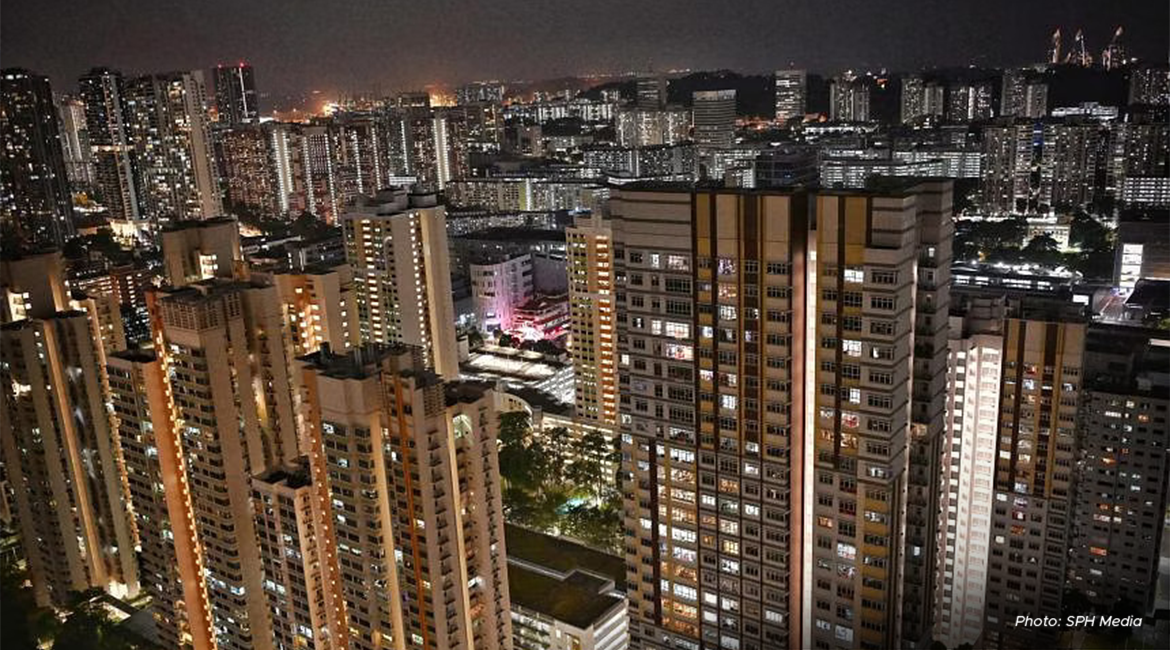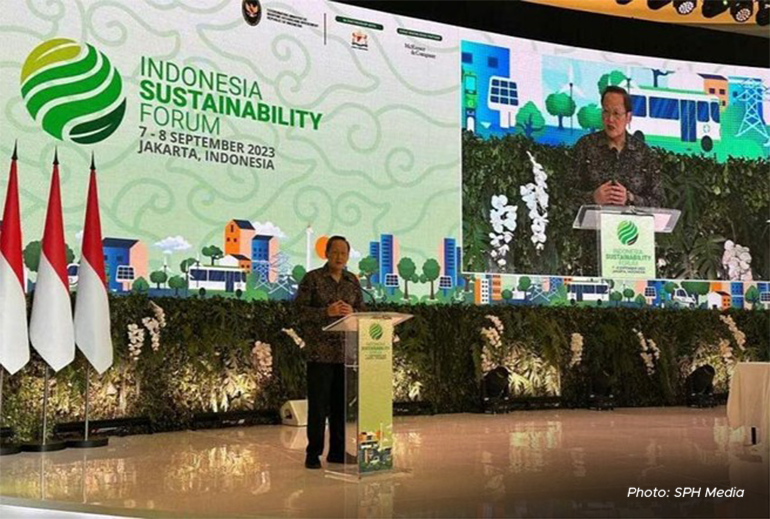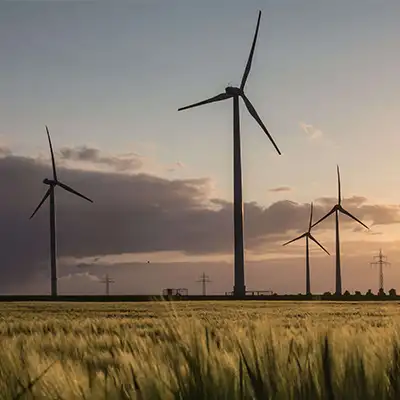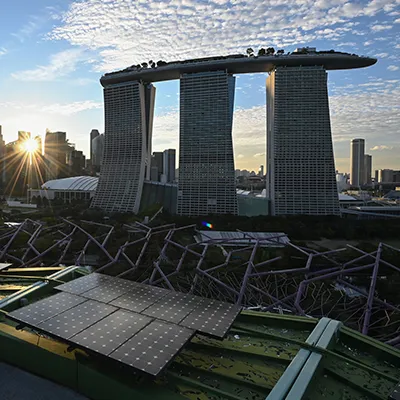Singapore could start importing 2 GW of renewable energy annually from Indonesia within five years, in what is the Republic’s biggest effort so far to import low-carbon electricity.
The imports would account for about 15 per cent of Singapore’s annual needs, and would constitute the country’s largest cross-border electricity contract to date.
Combined with a similar deal to grant conditional approval to import 1 GW of electricity annually from Cambodia, Singapore is three-quarters of the way to reaching its import target of up to 4 GW of electricity a year by 2035.
The Energy Market Authority (EMA) said on Friday (8 Sep 2023) that it was granting conditional approval to five projects to import a total of 2 GW of low-carbon electricity from Indonesia into Singapore.
The five companies managing the projects are: Pacific Medco Solar, Adaro Solar International, EDP Renewables Asia-Pacific, Vanda RE, and Keppel Energy.
Second Minister for Trade and Industry, Dr Tan See Leng, told The Straits Times on Friday (8 Sep 2023) that the granting of these approvals was a “watershed moment” for Singapore’s green energy ambitions.









